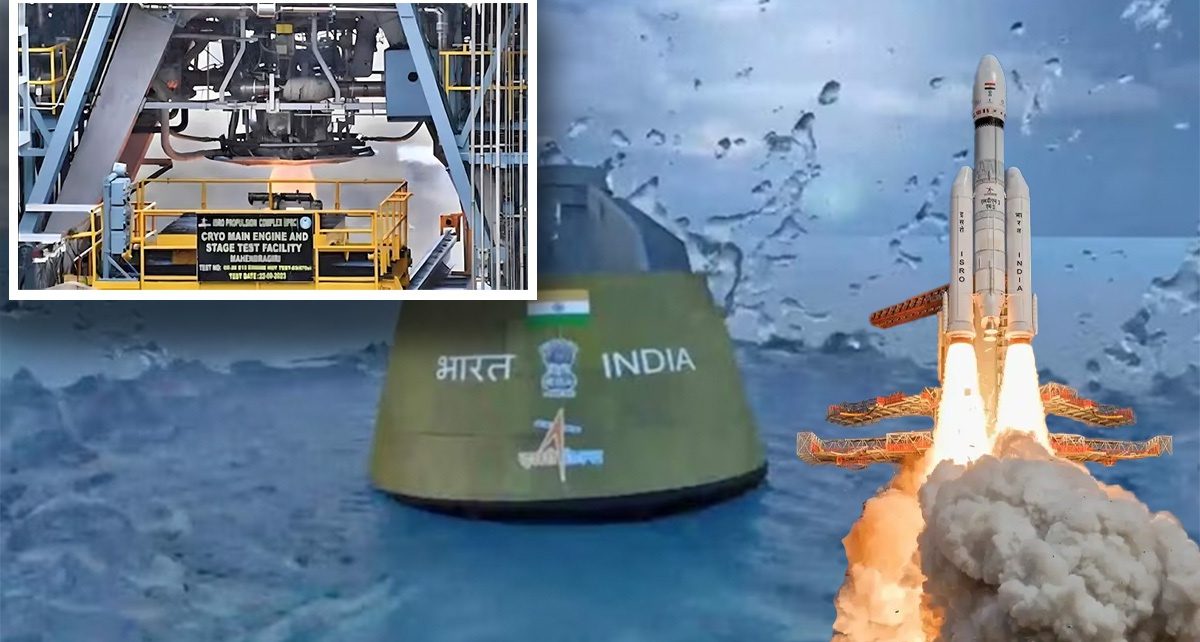In a remarkable achievement for India’s space program, the latest Indian space mission has reached a significant milestone, marking a pivotal moment in the country’s space exploration efforts. This milestone not only underscores India’s growing capabilities in space technology but also reflects the nation’s ambitious vision for advancing space science and exploration.
Overview of the Space Mission
The Indian space mission, spearheaded by the Indian Space Research Organisation (ISRO), was designed to achieve several critical objectives. The mission’s primary goals include enhancing India’s space exploration capabilities, conducting scientific research, and demonstrating advanced space technologies. The successful achievement of this milestone represents a major step forward in realizing these objectives.
Key Achievements of the Mission
- Successful Deployment of Satellite: One of the key achievements of the mission was the successful deployment of a state-of-the-art satellite into its intended orbit. This satellite is equipped with advanced instruments designed for various applications, including Earth observation, communication, and scientific research.
- Advanced Spacecraft Technologies: The mission demonstrated significant advancements in spacecraft technology, including improvements in propulsion systems, navigation accuracy, and data transmission capabilities. These technological innovations are expected to enhance the performance and reliability of future space missions.
- Scientific Research and Data Collection: The mission’s scientific payload has already begun collecting valuable data, contributing to research in fields such as atmospheric science, space weather, and planetary studies. This data will support ongoing scientific investigations and help advance our understanding of space and its impacts on Earth.
- International Collaboration: The mission also highlights India’s growing role in international space collaboration. By working with global space agencies and research institutions, India is fostering international partnerships and contributing to shared scientific goals.
Impact on India’s Space Program
The achievement of this major milestone has several important implications for India’s space program:
- Enhanced Global Standing: Successfully reaching this milestone enhances India’s position in the global space community. It demonstrates the country’s growing expertise and capability in space technology, reinforcing its status as a significant player in space exploration.
- Future Mission Prospects: The success of this mission paves the way for future space endeavors. It provides valuable insights and experience that will be instrumental in planning and executing more ambitious missions, including interplanetary exploration and space exploration beyond Earth’s orbit.
- Technological Advancements: The technologies and innovations demonstrated in this mission will contribute to the development of more advanced space systems. This includes improvements in satellite design, spacecraft systems, and mission planning, which will benefit future space missions.
- Inspiration and Education: The mission’s success serves as an inspiration for young scientists, engineers, and students. It highlights the potential of space science and technology. Encouraging the next generation to pursue careers in STEM fields and contribute to the future of space exploration.
Challenges and Future Directions
While the achievement is a significant milestone, there are ongoing challenges and future directions to consider:
- Continued Innovation: The space program will need to continue innovating and developing new technologies to stay at the forefront of space exploration. This includes advancing propulsion systems, enhancing data collection capabilities, and exploring new research areas.
- Sustainable Practices: As space missions become more frequent, there will be a need to address sustainability issues. Such as space debris management and environmental impacts. Implementing sustainable practices will be crucial for the long-term success of space exploration.
- International Collaboration: Building on international partnerships and collaborations will be essential for future missions. Collaborative efforts can provide access to additional resources, expertise, and opportunities for joint research.
Conclusion
The Indian space mission’s achievement of a major milestone represents a landmark moment in the country’s space exploration journey. With advancements in technology, successful satellite deployment, and valuable scientific research. India is making significant strides in space science and technology. As the country continues to build on this success. It is poised to play an increasingly prominent role in the global space community and inspire future generations of scientists and engineers.
Hit the jackpot with 3kclub – where your winning streak starts now!

